WMS vs. ERP - What is the Difference?
Managing a growing business means constantly balancing different operations—from inventory to finances. But what if two systems, Warehouse Management System (WMS) and ERP, could help streamline all that? The confusion often comes when businesses try to figure out which one they need. This comprehensive guide dives into the core differences between Warehouse Management Systems and Enterprise Resource Planning (ERP) systems and explains how using both can propel your business forward in 2024 and beyond. Whether you’re looking for the Best Warehouse Management Software in the UK or a robust order management solution, we have you covered.
What is a Warehouse Management System (WMS)?
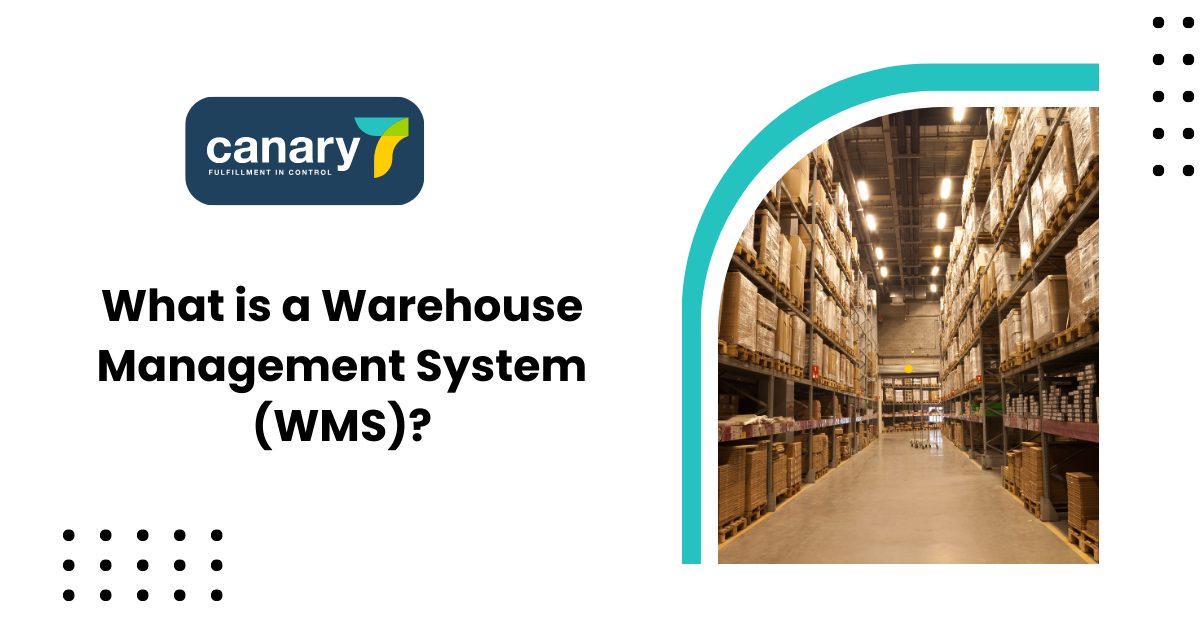
A Warehouse Management System (WMS) is the brain behind your warehouse operations. It’s designed to help businesses streamline warehouse complexities, including inventory management, order fulfillment, labour management, and shipping logistics. For companies seeking the Best Warehouse Management Systems, implementing a Cloud Based WMS can be a game-changer.
Key Functions of a WMS:
- Inventory Management: Real-time tracking of inventory levels, location, and movement.
- Order Fulfillment: Efficient picking, packing, and shipping processes.
- Labour Management: Optimizes workforce allocation and productivity.
- Receiving and Put-away: Streamlines the incoming goods process.
In 2024, warehouse management systems are more crucial than ever due to the rise of global eCommerce, pushing fulfillment centers to operate faster and more efficiently. A survey conducted in late 2023 showed that 80% of companies using Warehouse Management Software saw a 20% reduction in operating costs within the first year of implementation.
WMS – Pros
Reduced Operating Expenses
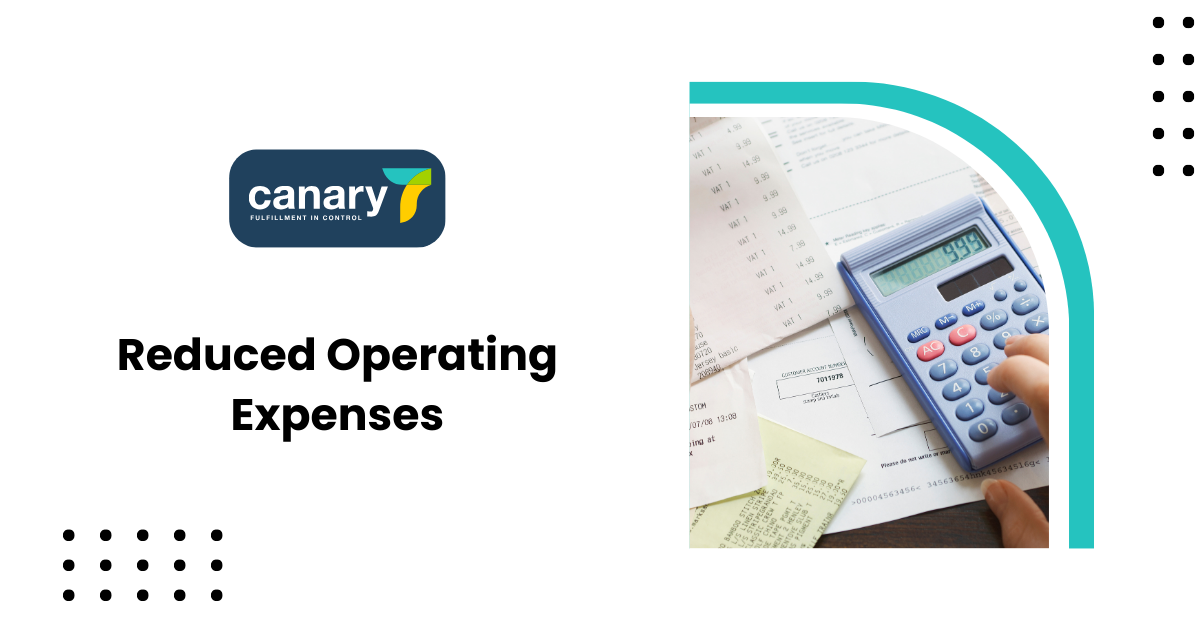
One of the most significant advantages of Warehouse Management Software is the drastic reduction in operating expenses. By 2024, the average business using WMS for Manufacturers reported a 15% cut in labor costs and up to 25% in reduced warehouse waste, thanks to automated task management and optimized space utilization. For instance, companies like Amazon have minimized warehouse inefficiencies and maximized space by integrating advanced WMS systems that track, label, and route products in real-time.
Real-Time Visibility
With advancements in WMS such as Real time Inventory Tracking and machine learning, businesses in 2024 can gain full visibility over their entire warehouse process—from receiving stock to shipping orders. According to a 2024 Gartner study, companies using Cloud Based WMS with AI-driven insights experienced a 30% improvement in on-time deliveries.
Improved Inventory Accuracy
A Warehouse Management System ensures that stock levels are accurate, minimizing the risk of overstocking or running out of key products. Businesses using Inventory Control Software saw a 22% improvement in inventory accuracy, according to a report published in early 2024.
Who Can Benefit from a WMS?
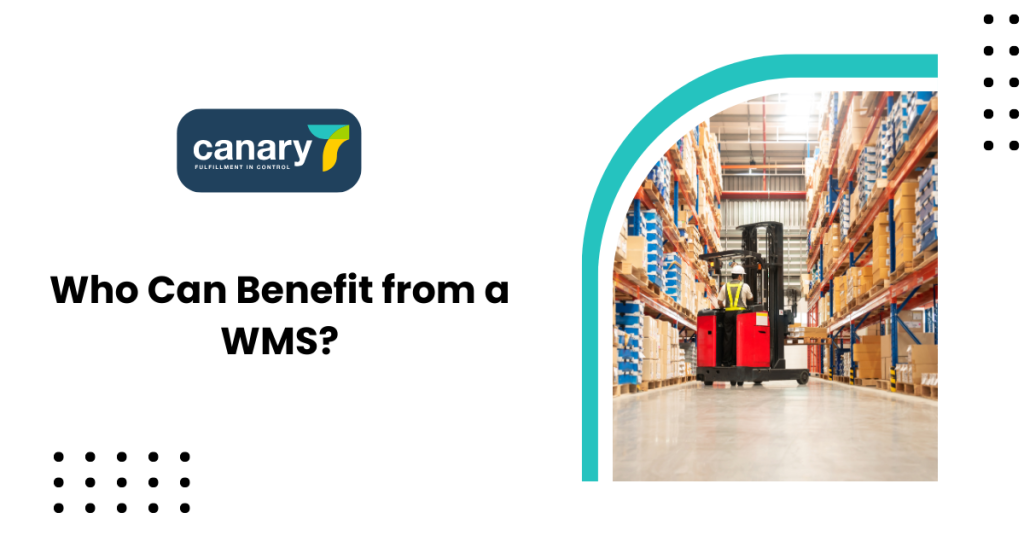
Almost every industry with a warehouse can benefit from WMS, whether it’s retail, manufacturing, or third-party logistics (3PL). In 2024, a study revealed that 92% of retail businesses now use some form of Warehouse Management System to manage large volumes of inventory and fulfillment orders.
Industries Benefiting from WMS:
- Retailers: Optimize retail inventory management and fulfillment.
- Manufacturers: Streamline production and distribution processes with Manufacturing WMS Software.
- 3PL Providers: Enhance efficiency and customer service using 3PL Warehouse Management.
- E-commerce Businesses: Manage high-volume order fulfillment with eCommerce Warehouse Management System and eCommerce order fulfilment.
What is an Enterprise Resource Planning (ERP) System?
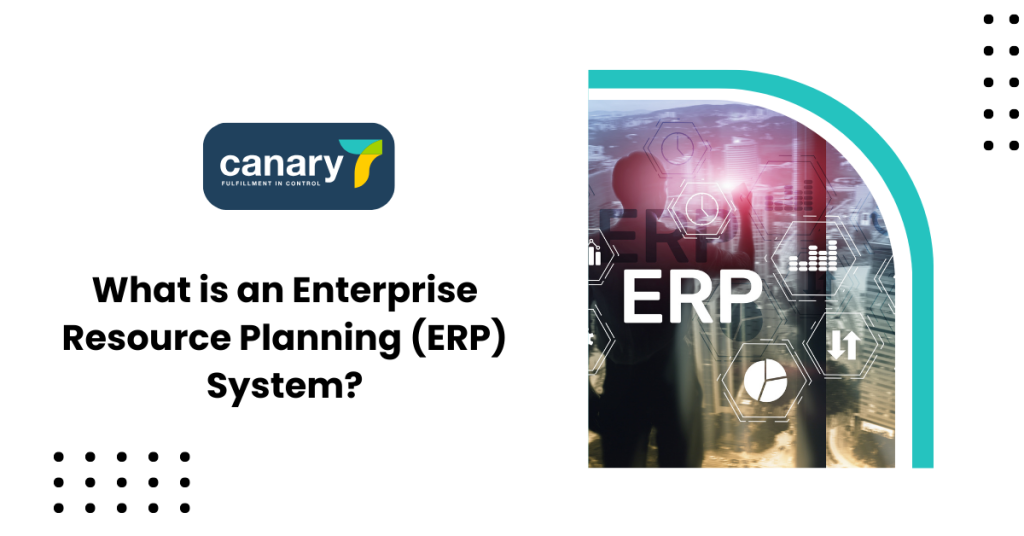
While a WMS manages your warehouse, an ERP system acts as the central nervous system of your entire business. ERP integrates various business processes—from procurement and finance to human resources and supply chain visibility platforms—into one cohesive platform.
Key Functions of ERP:
- Finance and Accounting: Manages financial data, budgets, and reporting.
- Supply Chain Management: Covers procurement, inventory, and logistics.
- Customer Relationship Management (CRM): Handles sales, marketing, and customer service.
- Human Resources: Manages employee information, payroll, and benefits.
In 2024, ERP systems are more adaptable than ever, with tailored modules to suit business needs. With over 88% of organizations now using some form of ERP software, it’s become essential to stay competitive in the marketplace, particularly for those looking for order management solutions and Inventory Management Solutions.
ERP – Pros
Improved Decision-Making
ERP systems provide real-time data and analytics, allowing businesses to make better-informed decisions. In 2024, businesses using ERP reported a 25% faster decision-making process due to data centralization and enhanced visibility.
Enhanced Efficiency
ERP automates workflows, reducing manual tasks and errors across departments. This leads to smoother operations and higher productivity, with a 20% boost in operational efficiency observed in ERP-using businesses in 2024.
Better Customer Service
With ERP solutions, businesses can access customer data more easily, leading to faster response times, improved order accuracy, and a 25% increase in customer satisfaction, as seen in 2024.
Optimized Inventory Costs
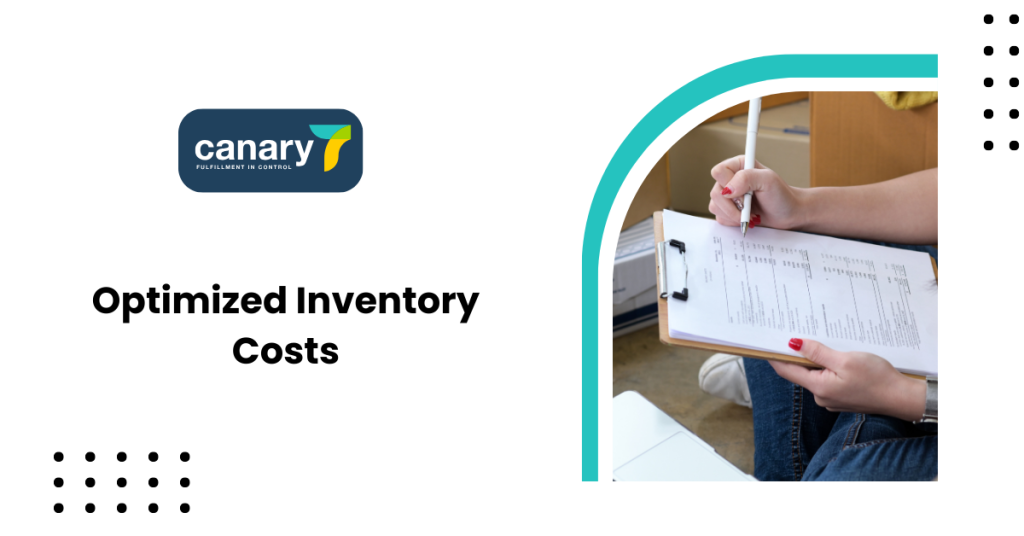
ERP systems help businesses manage inventory more effectively. A 2024 IDC report showed that companies using ERP for inventory management reduced excess stock by 18%, freeing up capital for other needs.
Who Can Benefit from an ERP?
ERP systems are especially useful for businesses looking to unify multiple processes under one platform. This software is suitable for companies of all sizes, particularly those needing to improve decision-making, operational efficiency, and overall business scalability.
Industries Benefiting from ERP:
- Large Enterprises: Manage complex operations with multiple departments.
- Growing Businesses: Scale processes to handle expansion.
- Manufacturers: Oversee production, procurement, and distribution.
- Retailers: Manage finances, inventory, and customer relations in one system.
The Power of WMS and ERP Integration
When WMS and ERP are integrated, businesses achieve a powerful synergy that drives operational excellence. By combining real-time inventory management with business-wide process automation, businesses can increase efficiency, reduce errors, and make data-driven decisions.
Key Benefits of WMS and ERP Integration:
- Seamless Data Flow: Real-time synchronization between systems ensures consistent information across all platforms.
- Enhanced Visibility: A comprehensive view of the entire supply chain allows for better resource allocation and inventory management.
- Faster Order Fulfillment: Integration accelerates order processing and shipping times, enhancing customer satisfaction.
- Optimized Resource Allocation: Businesses can efficiently allocate labor, equipment, and inventory, maximizing productivity with Warehouse labour management solutions.
The Future of WMS and ERP in 2024
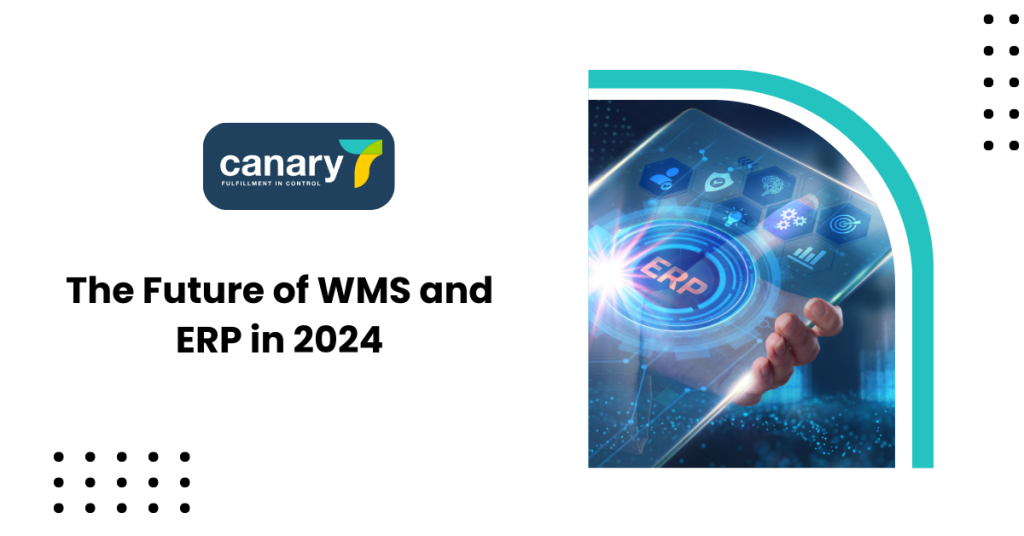
Looking ahead, emerging technologies such as AI, IoT, and robotic automation will continue to reshape WMS and ERP systems. By 2024, key trends include:
- AI-Powered Optimization: AI algorithms will improve inventory management and labor allocation.
- IoT-Enabled Real-Time Tracking: IoT devices will provide real-time visibility into inventory and asset locations.
- Robotic Automation: Robots will automate repetitive tasks, increasing accuracy and reducing labor costs.
- Cloud-Based Solutions: Cloud-based WMS and ERP systems offer greater flexibility, scalability, and cost-effectiveness, allowing businesses to operate from anywhere.
Conclusion
In 2024, WMS and ERP systems are critical to any business aiming to thrive in today’s dynamic environment. While WMS focuses on optimizing warehouse management operations, ERP manages broader business processes. When integrated, these systems enable businesses to streamline their operations, reduce costs, and improve overall efficiency. Whether you’re considering solutions like Unleashed, NetSuite, or Canary7, integrating a Warehouse Management System UK with your ERP will help your business stay ahead in a competitive market.
Call to Action:
Ready to revolutionize your business operations with WMS and ERP integration? Contact us today for a free consultation and see how Canary7 can streamline your warehouse and business processes for maximum growth in 2024!

Mishal Khan
Author
UPDATED ON: 28th Oct 2024
Mishal is a dedicated copywriter and content writer with experience across various niches. Currently, Mishal is focused on writing guides and other compelling blogs on warehouse management, logistics and more, crafting engaging and informative content to help businesses understand and master their supply chain. Passionate about delivering quality content, Mishal aims to make complex topics accessible and enjoyable for all readers.
Subscribe to get latest posts straight in your inbox.